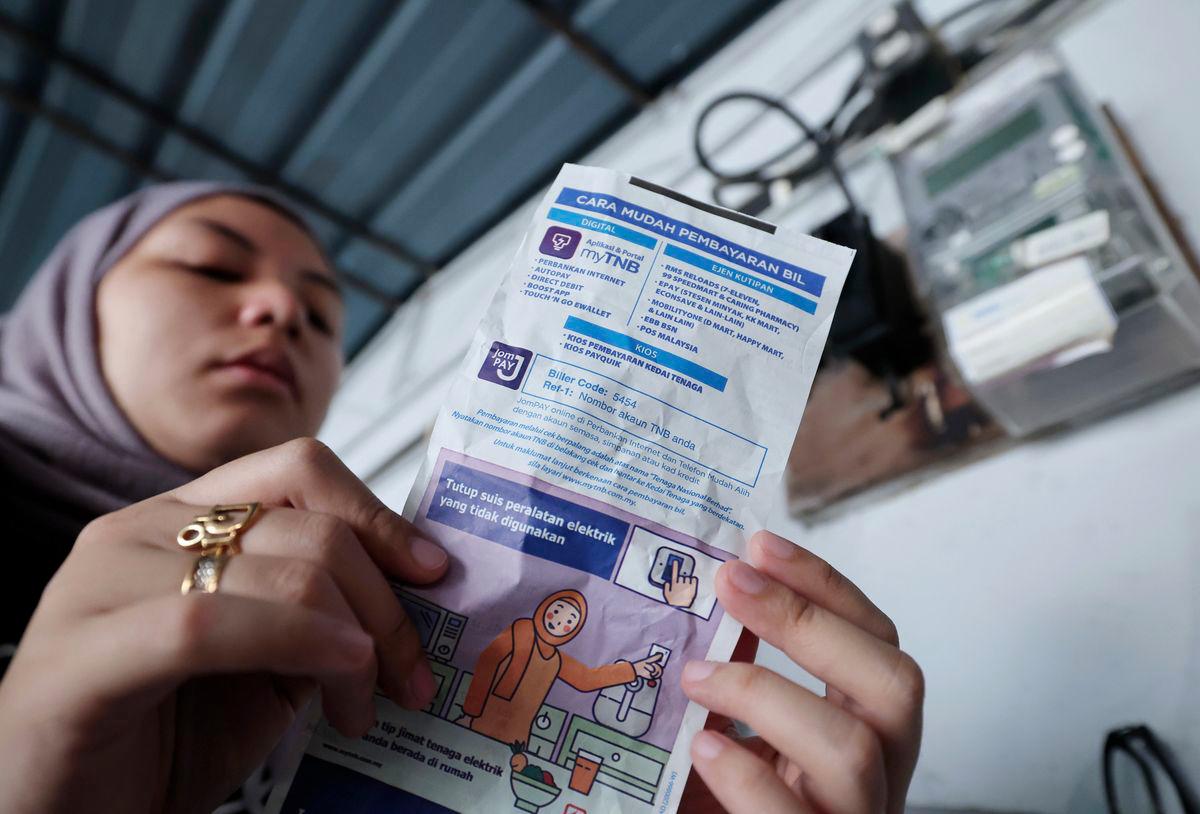KUALA LUMPUR: The Federation of Malaysian Consumers Associations (FOMCA) has expressed full support for the implementation of the new electricity tariff structure under Regulatory Period 4 (RP4), describing it as timely, progressive and beneficial for Malaysian households.
FOMCA chief executive officer Dr T. Saravanan said the new tariff, which will take effect from July 1, 2025, to Dec 31, 2027, under the Incentive-Based Regulation (IBR) framework, reflects a fairer and more transparent energy pricing system.
“This initiative comes at a crucial time when many households are facing financial pressures due to inflation and the rising cost of living,” he told Bernama.
He said the revised tariff structure reduces the average base tariff from 45.62 sen/kWh to 45.40 sen/kWh, contributing to an estimated 19 percent reduction in total average electricity costs compared to the previous regulatory period.
Although the rate cut may appear marginal, Saravanan said it is supported by structural reforms that provide greater protection to domestic consumers, particularly those in the B40 and M40 income groups.
Saravanan said the introduction of the “Energy Efficiency Incentive” allows households that consume 1,000 kWh or less per month to avoid any tariff increase, thereby rewarding energy-efficient users and encouraging responsible consumption.
“The updated structure also includes a more detailed billing system, with breakdowns of energy generation, network usage, capacity charges, and retail costs.
“This level of transparency empowers consumers to understand their bills better and provides clarity on how costs are derived, thereby enhancing trust and enabling more responsible consumption decisions,” he said.
The expanded “Time of Use” (TOU) scheme now includes weekends and off-peak weekday hours from 10 pm to 2 pm the next day, enabling consumers to enjoy further savings by shifting high-usage activities to these periods.
FOMCA also welcomed continued protection for vulnerable groups, including a RM40 monthly rebate for hardcore poor households under the e-Kasih programme, and dedicated tariffs for the agriculture, water, sanitation, and rail sectors.
A 10 percent rebate for educational institutions, places of worship, and registered welfare homes will also remain in place.
Saravanan said the replacement of the Imbalance Cost Pass-Through (ICPT) mechanism with the new Automatic Fuel Adjustment (AFA) system would enhance price responsiveness to global fuel and currency movements, but stressed the need for clear communication on any resulting price changes.
He also urged the Domestic Trade and Cost of Living Ministry (KPDN) to step up enforcement against unjustified price hikes in essential goods that may be triggered by the tariff adjustment.
“FOMCA will continue to monitor the implementation closely and advocate for ongoing consumer engagement, education and regulatory enforcement to maximise the impact of this policy reform,” he said.
The Energy Commission today announced that starting July 1, 2025, over 23.6 million domestic users in Peninsular Malaysia will benefit from fairer and more progressive electricity rates under the newly approved tariff schedule for Regulatory Period 4 (2025–2027).
This includes changes to the average base tariff rate, the tariff structure and the fuel cost adjustment mechanism, implemented under the Incentive-Based Regulation framework.









